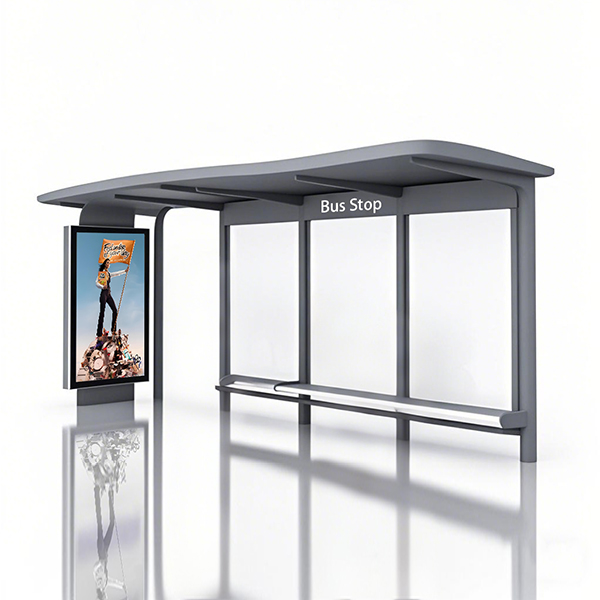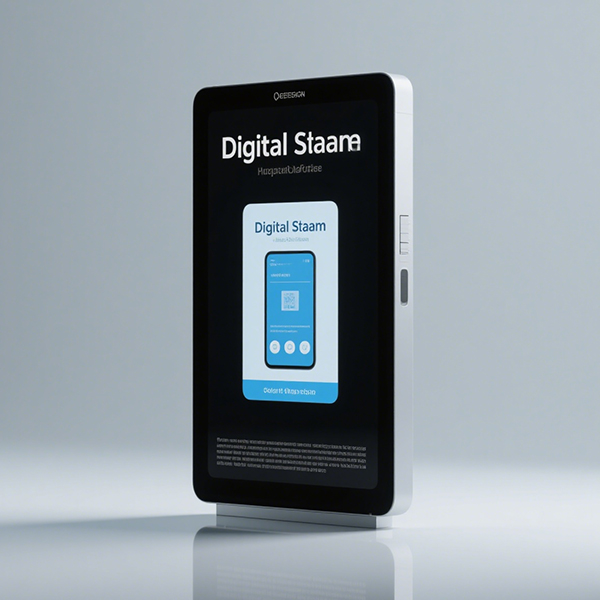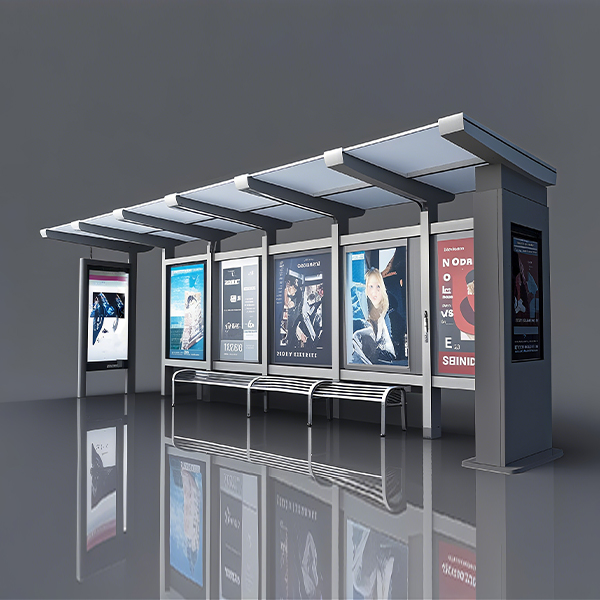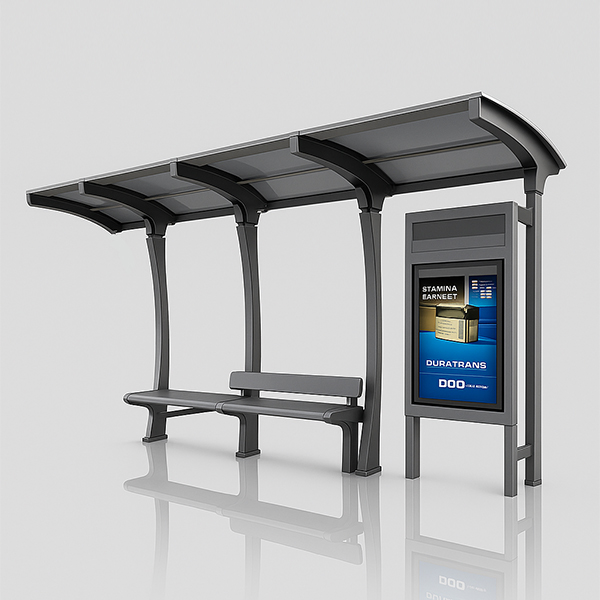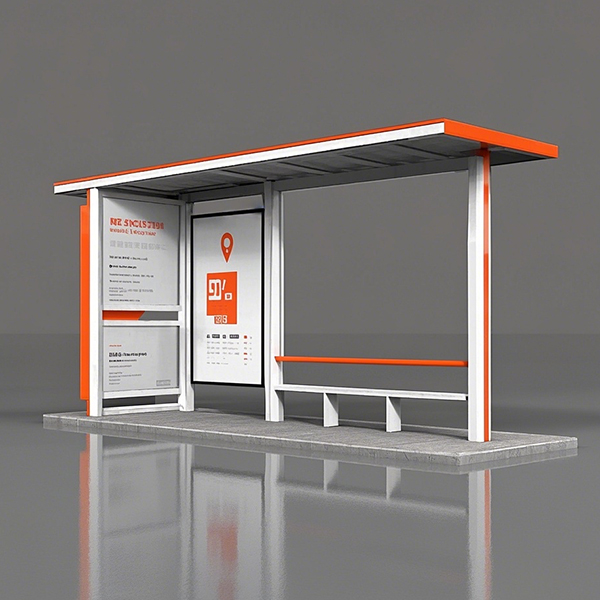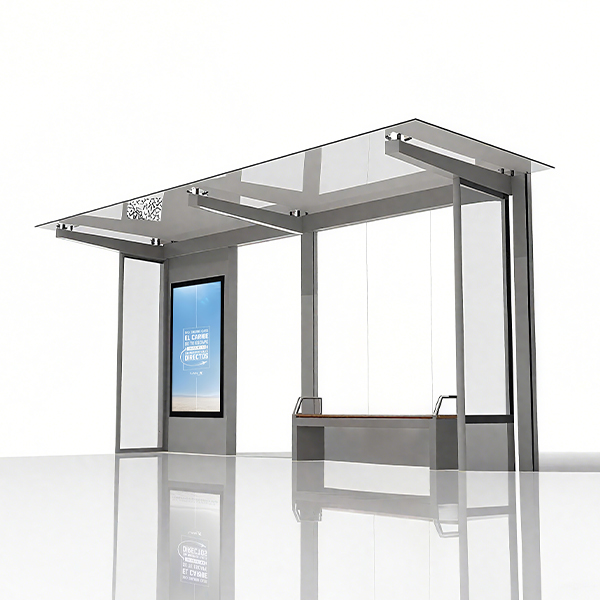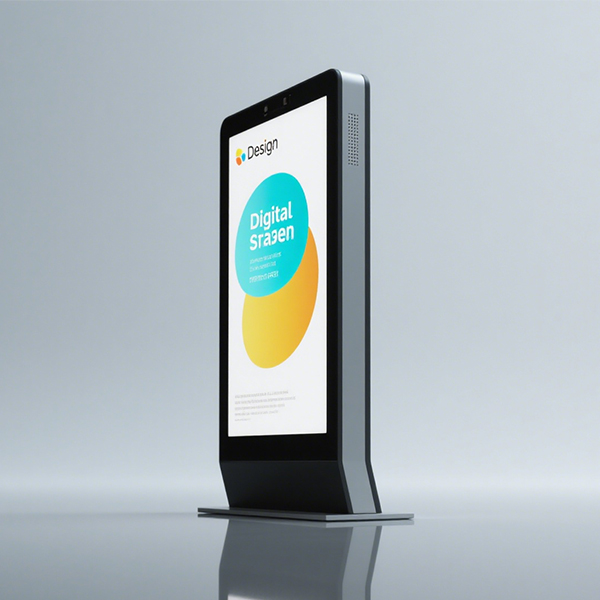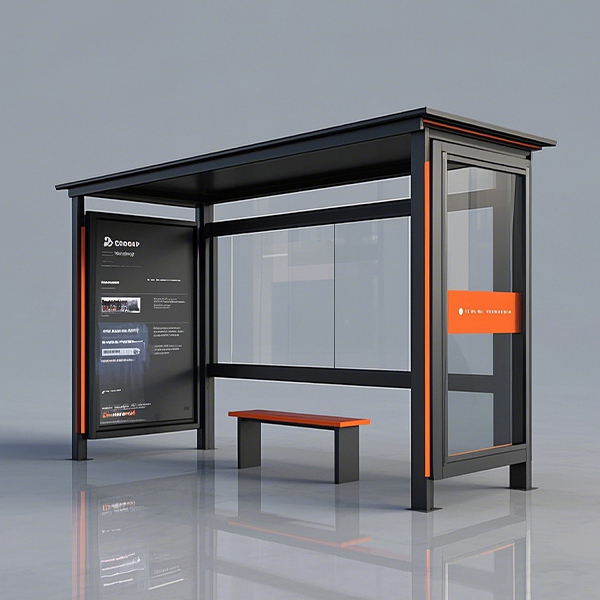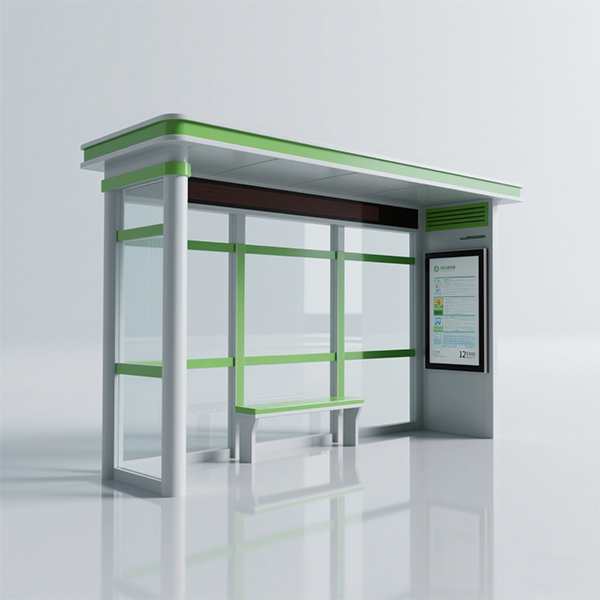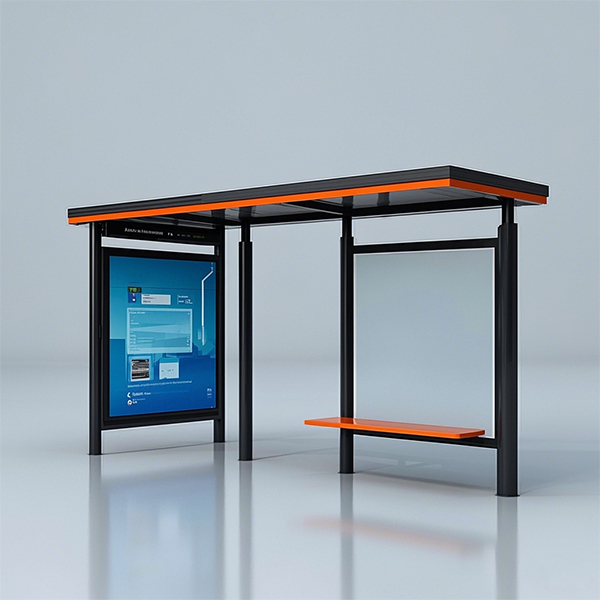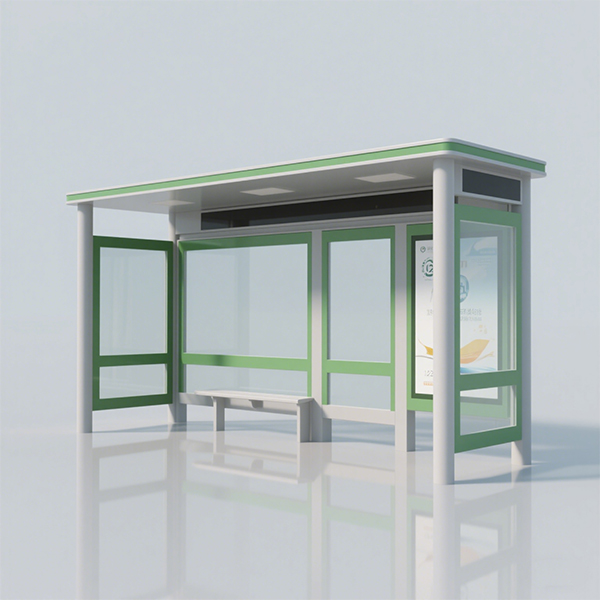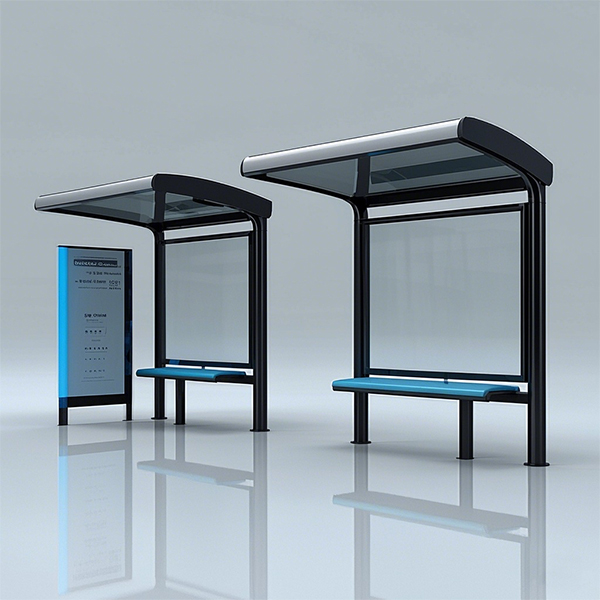
Smart Bus Shelter
Smart bus shelters are transforming the passenger experience, offering convenience, safety, and real-time information. This comprehensive guide explores the features, benefits, and future of this innovative technology, highlighting key considerations for municipalities and transit authorities.
What is a Smart Bus Shelter?
A smart bus shelter goes beyond basic shelter. It integrates technology to enhance passenger comfort and safety, providing features like real-time bus arrival information, digital signage, Wi-Fi connectivity, USB charging ports, and even environmental monitoring sensors. These advancements significantly improve the overall public transit experience.
Key Features of a Smart Bus Shelter
Real-Time Information Displays
Digital screens display real-time bus arrival predictions, reducing passenger wait times and anxiety. Accurate, up-to-the-minute information enhances the user experience and encourages ridership. These displays often incorporate dynamic routing information, accounting for traffic delays and other potential disruptions.
Connectivity and Charging
Free Wi-Fi and USB charging ports cater to the needs of modern commuters. Providing convenient access to connectivity and power makes waiting more productive and comfortable, turning a typically passive experience into something more engaging. Consideration should be given to the type and speed of internet connection provided.
Safety and Security
Many smart bus shelters incorporate security features such as integrated lighting, CCTV cameras, and emergency call buttons. These elements help to create a safer environment for passengers, particularly during nighttime hours or in less-populated areas. The integration of these safety measures is critical for building passenger confidence.
Environmental Monitoring
Some advanced smart bus shelters include sensors that monitor air quality, temperature, and humidity. This data can be used to improve public health monitoring and inform urban planning decisions. This data collection also contributes to smarter city initiatives.
Advertising Opportunities
Digital signage within smart bus shelters provides opportunities for targeted advertising. This can generate revenue streams to help offset the costs of installation and maintenance, making the implementation of smart shelters more financially viable for municipalities.
Benefits of Implementing Smart Bus Shelters
Implementing smart bus shelters offers numerous benefits:
- Improved passenger experience and satisfaction
- Reduced wait times and improved efficiency
- Enhanced safety and security
- Opportunities for revenue generation through advertising
- Contribution to smart city initiatives and data collection
Choosing the Right Smart Bus Shelter
Selecting the appropriate smart bus shelter requires careful consideration of several factors, including:
- Budget constraints
- Specific needs of the community
- Integration with existing transit systems
- Maintenance and support requirements
Case Studies: Successful Implementations of Smart Bus Shelters
Numerous cities worldwide have successfully implemented smart bus shelters, demonstrating the positive impact on public transit and community well-being. Research specific case studies in your region to understand best practices and potential challenges.
The Future of Smart Bus Shelters
The future of smart bus shelters is bright, with continued advancements in technology promising even more features and functionalities. Expect to see greater integration with other smart city initiatives, more sophisticated data analytics, and even more user-friendly interfaces.
For more information on innovative and sustainable public infrastructure solutions, visit Shandong Luyi Public Facilities Co., Ltd. at https://www.luyismart.com/. We are dedicated to providing cutting-edge solutions for smart cities.
Соответствующая продукция
Соответствующая продукция







